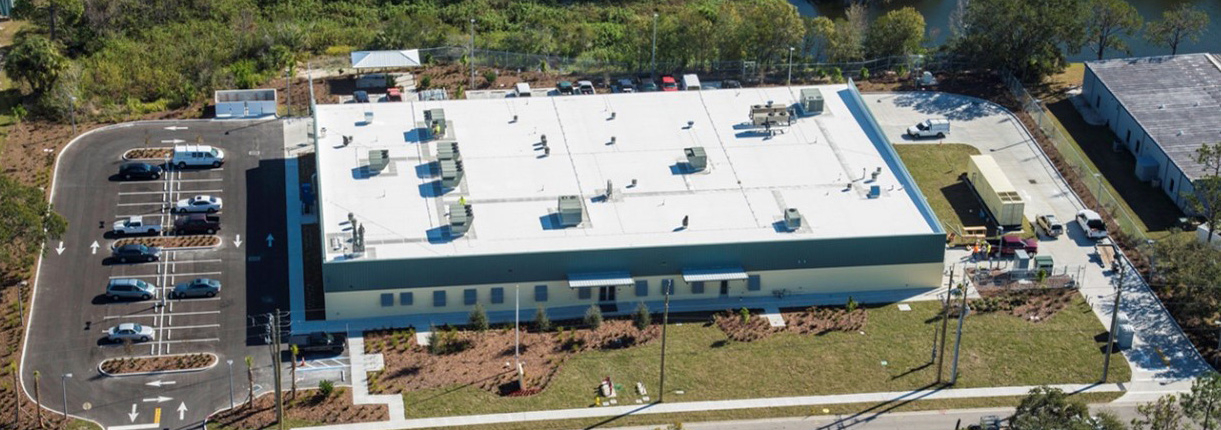 https://www.hokansoninc.com/wp-content/uploads/2024/11/Side-view-of-person-budgeting-with-calculator.jpg
1250
2000
AbstraktMarketing
/wp-content/uploads/2022/10/Hokanson-Logo-Color-SVG-V2.svg
AbstraktMarketing2024-11-27 15:41:032024-12-04 14:31:53Operational Budgeting Best Practices for Real Estate Asset Management
https://www.hokansoninc.com/wp-content/uploads/2024/11/Side-view-of-person-budgeting-with-calculator.jpg
1250
2000
AbstraktMarketing
/wp-content/uploads/2022/10/Hokanson-Logo-Color-SVG-V2.svg
AbstraktMarketing2024-11-27 15:41:032024-12-04 14:31:53Operational Budgeting Best Practices for Real Estate Asset ManagementEverything You Need to Know About Leasing Industrial Rental Properties
When it comes to finding an industrial rental property, there are several crucial factors to consider. Industrial rental properties, such as large buildings, play a vital role in accommodating businesses that require storage, manufacturing, picking and packing, and logistical operations.
In this thorough guide to industrial property leasing, we will explore the key considerations, including location, size, usability, and infrastructure. Whether you’re looking for industrial buildings for lease or commercial industrial lease options, we intend to help you make an informed decision that aligns with your business needs.
Understanding the Basics of Leasing Industrial Rental Properties
Before diving into the finer details, let’s clarify what industrial property leasing entails. Industrial properties are specifically designed to meet the unique requirements of manufacturing, warehousing, and distribution businesses. These properties come in various forms, including warehouses, factories, distribution centers, and flex spaces. Unlike other types of commercial leasing, industrial property leasing focuses on providing the necessary facilities, space, and infrastructure to support industrial operations.
Factors to Consider Before Leasing an Industrial Rental Property
When searching for industrial buildings for lease, you have to take several interrelated factors into account. Here are five of the most important ones:
1. Location
The location of an industrial property is a critical consideration. Proximity to suppliers, customers, and transportation hubs can greatly impact operational efficiency. Access to major highways, ports, or airports is essential for logistics and distribution purposes. Additionally, it is crucial to ensure the chosen location complies with local zoning regulations and permits necessary for your specific business activities.
2. Size and Layout
Assessing the size and layout of an industrial property is crucial to meet your business requirements. Consider the space needed for manufacturing processes, storage capacity, and picking and packing operations. It is essential to evaluate the layout for optimal workflow, efficient material handling, and easy access to different areas of the facility. Furthermore, the chosen property should offer flexibility for future expansion or downsizing as your business evolves.
3. Special Requirements for Storage or Power
Depending on your business needs, specific requirements for storage or power may be essential. If storage is a critical aspect, ensure that the industrial property provides adequate capacity and suitable infrastructure for your inventory. Power requirements, such as high voltage or specialized equipment, should also be taken into account to support your operations seamlessly.
4. Usability and Accessibility
Industrial properties should be designed for usability and accessibility. Consider how well the layout and features of the property align with your manufacturing processes, including the flow of raw materials, workstations, and finished goods. Availability of loading docks, truck access, and sufficient parking space is crucial for smooth logistical operations. Not only that, but the property should be easily accessible for employees, deliveries, and transportation.
5. Infrastructure and Amenities
Infrastructure plays a significant role in the functionality of an industrial property. Assess the condition of the building and its systems, including electrical, water, and HVAC systems. Ensure that the property offers the necessary utilities to support your operations effectively. You’ll also want to consider amenities such as office spaces, breakrooms, and restrooms that contribute to a comfortable and efficient work environment for your employees.
Navigating the Leasing Process for Industrial Rental Properties
Now that we understand the key factors to consider, let’s delve into the leasing process for industrial properties.
- Identifying the right industrial property: Utilize online resources, real estate agents, or industrial property specialists to identify potential options that meet your requirements. Conduct site visits and due diligence to evaluate the suitability of the properties.
- Negotiating Lease Terms: Understand common lease structures for industrial properties and negotiate lease duration, rent, and renewal options that align with your business goals. Pay close attention to lease clauses related to maintenance, repairs, and improvements to ensure a fair and mutually beneficial agreement.
- Legal and Financial Considerations: Engage with legal and financial professionals to review lease agreements, ensure compliance with regulations, and assess the financial impact of the leasing terms on your business. Legal experts can help navigate complex lease agreements, while financial professionals can provide insights into the financial implications and feasibility of the lease.
Best Practices When Leasing Industrial Rental Properties
To ensure a successful industrial property leasing experience, consider the following best practices:
- Conduct a thorough needs assessment: Before embarking on the search for industrial property, conduct a comprehensive assessment of your business needs. Understand your space requirements, operational workflows, and future growth projections to guide your decision-making process.
- Seek expert advice: Leasing industrial properties can be complex, so don’t hesitate to seek the expertise of professionals in the field. Work with experienced real estate agents or industrial real estate specialists who have a rich understanding of the market and can guide you through the leasing process.
- Plan for future growth and flexibility: Anticipate your business’s growth trajectory and ensure that the chosen industrial property can accommodate future expansion needs. Flexibility in lease terms, such as the option to extend or renegotiate the lease, can provide you with the necessary flexibility to adapt to changing business requirements.
- Engage in comprehensive due diligence: Thoroughly research and inspect potential industrial properties before making a decision. Look beyond the surface-level features and assess the condition of the building, its infrastructure, and any potential issues that may arise. Understanding the property’s history, maintenance records, and compliance with regulations is crucial to avoid any surprises down the line.
- Review and understand lease terms: Carefully review all lease terms and conditions to ensure that they align with your business goals and requirements. Understand your rights and obligations as a tenant, including responsibilities for maintenance, repairs, insurance, and any restrictions on usage. Seek clarification from legal professionals if needed to ensure that you fully understand the lease agreement.
Simplify the Leasing Process With Hokanson Companies
Hokanson is your trusted partner in corporate brokerage services, specializing in the rental and sale of real estate for manufacturing and industrial businesses.
Navigating the world of industrial property leasing can be complex and time consuming. That’s where Hokanson comes in.
From tenant and landlord representation to acquisition and disposition services, we offer tailored solutions to meet your specific needs. With our years of industry experience and knowledge, we can help you find the ideal location for your manufacturing business and negotiate the best deal available. We are also well-versed in investment sales, ensuring that you maximize profits on property sales transactions.
Don’t leave your industrial property search to chance. Trust the experts at Hokanson to guide you through the process and secure the perfect location for your business. Contact us today to get started on finding the ideal industrial property that will propel your business forward!




